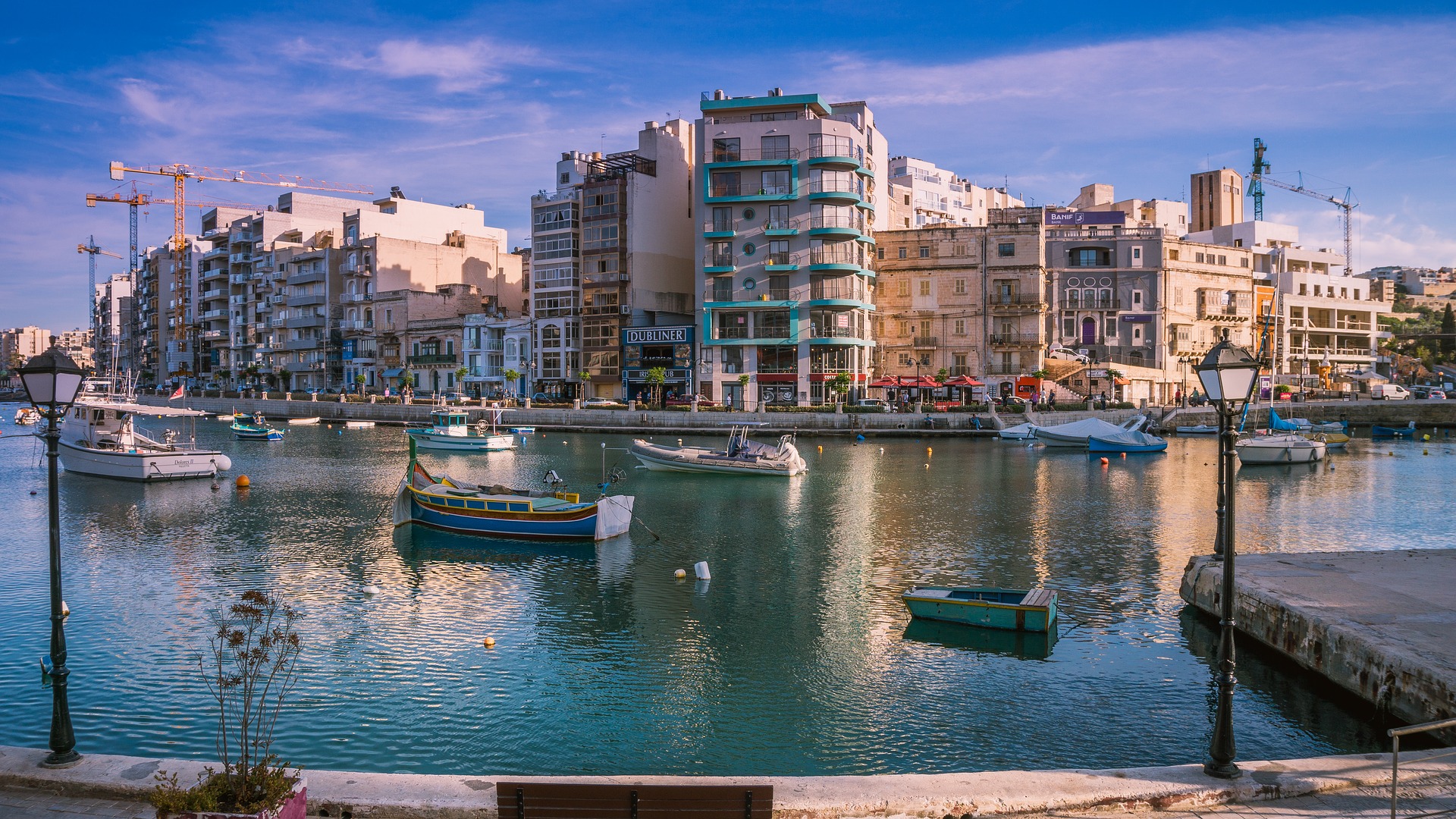All You Need to Know About Offshore Banking in Malta

Offshore banking is a term used to describe banking activities conducted outside of an individual’s home country. Offshore banking can provide a range of benefits, including tax benefits, confidentiality and privacy, and access to a variety of financial products and services.
Malta is becoming an increasingly popular destination for offshore banking due to its political and economic stability, favorable tax system, and strong regulatory framework. In this article, we will explore what you need to know about offshore banking in Malta, including its advantages, regulations, risks, and how to open an offshore bank account.
Advantages of Offshore Banking in Malta
Malta’s offshore banking industry offers several advantages for individuals and businesses. One of the primary advantages is the tax benefits. Malta has a favorable tax system, with a low corporate tax rate of 35% and a refund system for foreign investors. Additionally, Malta has a wide network of double taxation agreements, which can help individuals and businesses reduce their tax liability.
Confidentiality and privacy are other key advantages of offshore banking in Malta. Malta’s banking laws are designed to protect clients’ privacy and ensure confidentiality. This can be especially beneficial for individuals who want to keep their financial affairs private.
Malta’s political and economic stability is another advantage of offshore banking in the country. Malta is a member of the European Union (EU), which provides a stable economic environment for investors. The country has a strong regulatory framework, which provides investors with peace of mind and a sense of security.
Finally, offshore banking in Malta provides access to a variety of financial products and services. Malta’s banking sector is highly developed and offers a range of investment and wealth management products.
Offshore Banking Regulations in Malta
The Malta Financial Services Authority (MFSA) is the primary regulatory body responsible for regulating the banking sector in Malta. The MFSA oversees the licensing and supervision of banks and ensures compliance with the country’s banking laws and regulations.
In addition to the MFSA, offshore banks in Malta must comply with anti-money laundering (AML) and counter-terrorism financing (CTF) regulations. These regulations are designed to prevent money laundering and terrorist financing.
Offshore banks in Malta must also comply with EU regulations, including the General Data Protection Regulation (GDPR) and the Markets in Financial Instruments Directive (MiFID II).
How to Open an Offshore Bank Account in Malta
To open an offshore bank account in Malta, individuals must choose a bank and provide the necessary documentation, such as proof of identity, proof of address, and source of funds. The account opening process typically involves completing an application form and undergoing a due diligence process to ensure compliance with AML and CTF regulations.
It’s important to choose a reputable bank with a strong track record in the offshore banking industry. Working with a local expert can provide valuable insights into the local business culture and help investors make informed decisions.
Risks of Offshore Banking in Malta
While offshore banking in Malta has several advantages, it also comes with its risks. One of the primary risks is the potential for fraud and scams. Offshore banks may be targeted by fraudsters who attempt to steal personal and financial information.
Another risk of offshore banking in Malta is changes in regulations. As regulations and laws change, investors may need to adjust their investment strategies or comply with new requirements.
Finally, offshore banking in Malta may be subject to economic instability. While Malta has a stable economic environment, there is always a risk of economic shocks and instability that could affect investors’ financial assets.
Conclusion
Offshore banking in Malta can be an attractive proposition for individuals and businesses seeking tax benefits, confidentiality, and access to a variety of financial products and services. However, it’s essential to understand the regulations and risks associated with offshore banking in Malta.
Investors should conduct thorough research and due diligence, work with reputable banks and local experts, and maintain accurate records to ensure compliance with regulatory requirements. By considering all the factors, investors can take advantage of the opportunities available in Malta while mitigating any potential risks.
FAQs
What is offshore banking?
Offshore banking is a term used to describe banking activities conducted outside of an individual’s home country.
How does Malta’s offshore banking industry compare to other countries?
Malta’s offshore banking industry is becoming increasingly popular due to its political and economic stability, favorable tax system, and strong regulatory framework.
Are there any risks associated with offshore banking in Malta?
The risks associated with offshore banking in Malta include the potential for fraud and scams, changes in regulations, and economic instability.
How can I ensure compliance with offshore banking regulations in Malta?
Investors can ensure compliance with offshore banking regulations in Malta by conducting thorough research and due diligence, working with reputable banks and local experts, and maintaining accurate records.
Is offshore banking legal in Malta?
Yes, offshore banking is legal in Malta, provided that investors comply with regulatory requirements and laws.
Recommended Posts

Legal Nuances of Operating an Online Casino
May 17, 2024

Overview of Business Finance in Malta
May 17, 2024

Enhancing Payment Security with Blockchain
May 17, 2024


